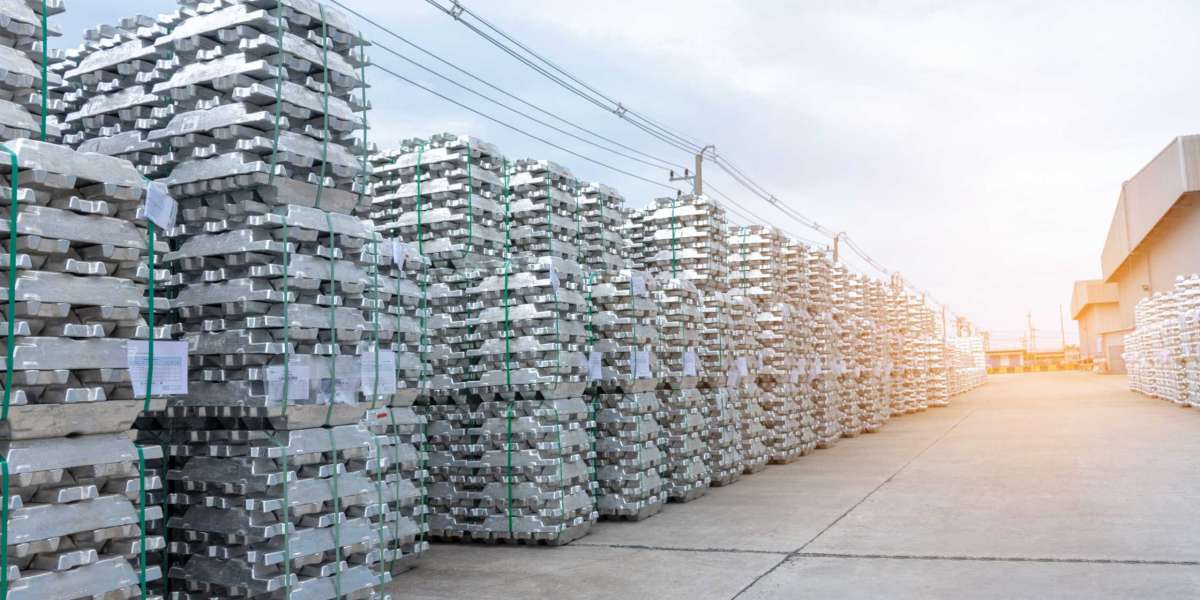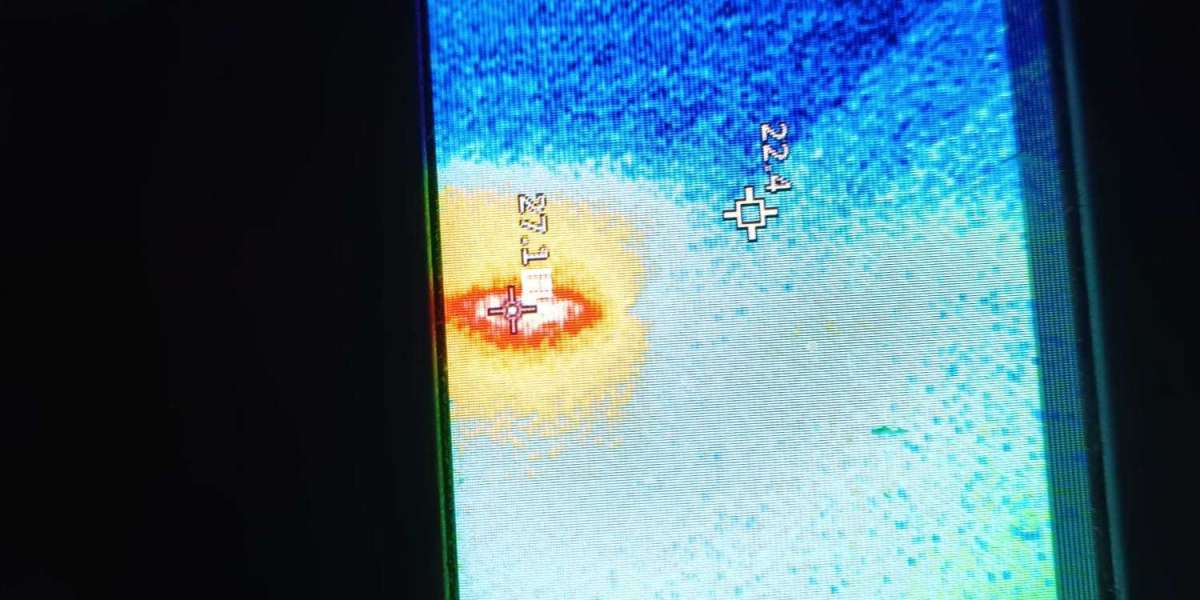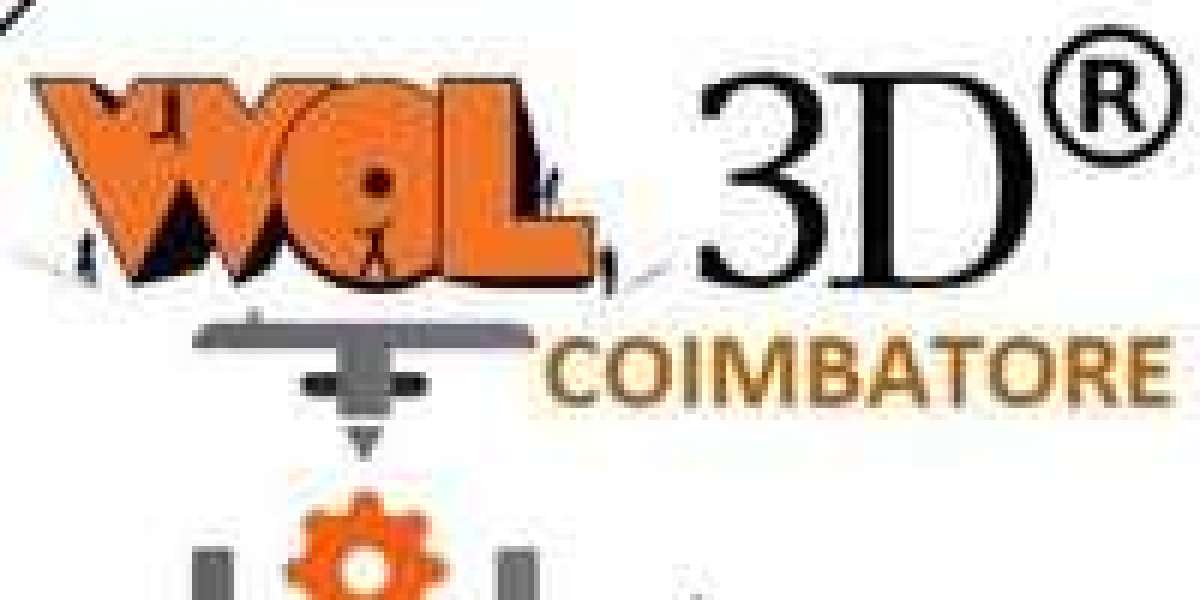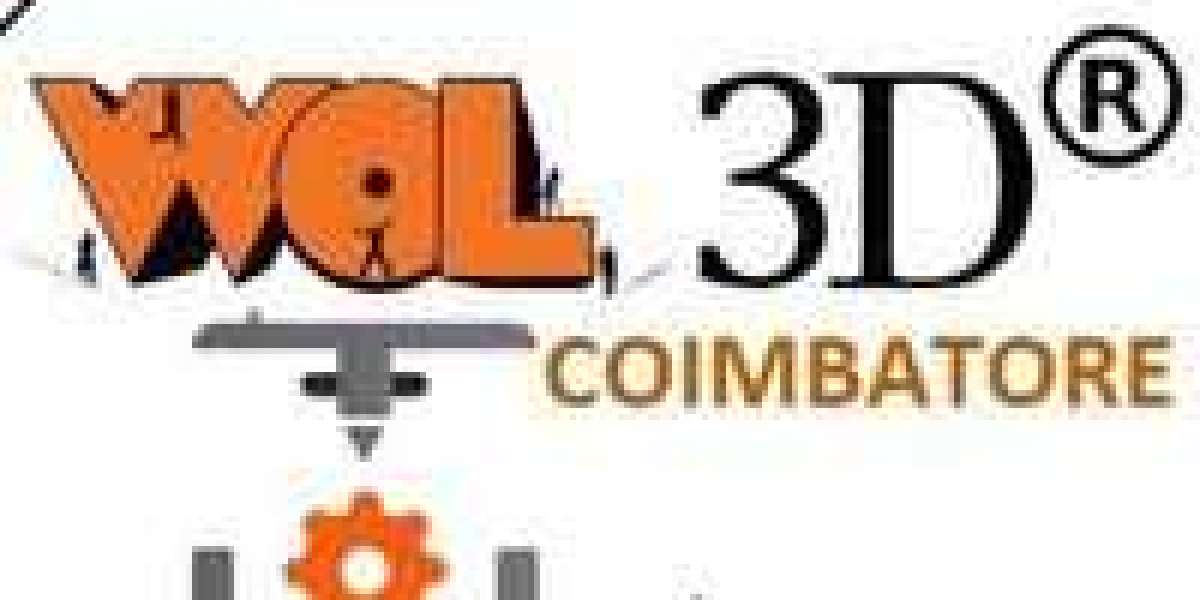Aluminum alloys have become a major focus in other fields due to their unique properties such as low weight, high strength-to-weight ratio and excellent corrosion resistance Aluminum alloy silica is an important component of in this application. The selection of the right welding rod is important to achieve high performance and cost efficiency. This blog post will help you choose the right aluminum alloy ingot for your needs.
Understanding Aluminum Alloys and Alloy Series
Before choosing aluminum alloy ingots, it’s important to consider which alloy suits your needs. For this reason, it is important to understand them. Other additives to aluminum further improve its properties. The hybrid approach therefore makes it suitable for a variety of applications. Alloy composition options make it easy to find your desired alloy. For example, alloying with copper increases its strength and hardness. This makes it suitable for a variety of space applications. Similarly, magnesium supplementation is good for increased strength and corrosion resistance. As a result, it is ideal for the marine environment. The silicon aluminum alloy has good fluidity and low shrinkage during the molding process.
It’s very important that you know the different types of aluminum alloys when selecting the right one for your project. Each series has its distinctive features and specifications due to a distinct combination of elements within it. Below are seven major types of aluminum alloys:
- 1xxx series or 1000 series :
Key Characteristics: Features Pure aluminum with minimal alloys.
Application: Ideal for applications requiring good electrical conductivity, such as heat exchangers, power supplies, and rotating components.
- 2xxx series or 2000 series
Key Characteristics: Copper is a primary pigment.
Applications: Known for their high strength and efficiency, they are commonly used in aerospace applications, aircraft parts and construction parts.
- 3xxx series or 3000 series
Key characteristics: Manganese is the main ingredient.
Applications: Provide a balance of strength, corrosion resistance and weldability. It is widely used in marine products, building materials and kitchen equipment.
- 4xxx series or 4000 series
Key characteristics: Silicon is a primary ingredient.
Application: Known for their excellent machinability and weldability, they are commonly used in automotive parts, hardware, and all industrial applications.
- 5xxx series or 5000 series
Key characteristics: Magnesium is a primary ingredient.
Application: Provide a combination of high strength, good corrosion resistance, and moderate weight. It is widely used in marine applications, building materials, and pressure vessels.
- 6xxx series or 6000 series
Key characteristics: Magnesium and silicon as major alloys.
Applications: Their exceptional casting abilities and mechanical characteristics have made them widely used in automobile components, die casting with high pressure and construction.
- 7xxx series or 7000 series
Key characteristics: Zinc as a primary ingredient.
Application: The maximum strength of aluminum alloy makes it best for aeronautics, buildings featuring superior excellence and military product.
Choose the Right Aluminum Alloy Ingot – Key Factors
When choosing aluminum alloy ingots, there are several factors to consider to ensure it meets your specific needs.
- 1. High Strength:
In case your application consists of very high-stress areas the best choices will be alloys from the 2000, 5000, and 7000 series. These alloys offer excellent mechanical properties such as yield strength, tensile strength, and toughness thus rendering them suitable for harsh environments
- Protection from Corrosion:
Alloys from the 3000 or 5000 series. These alloys have excellent resistance to corrosion making them ideal for marine applications, medical and building industries
- Ease of Processing:
In case your manufacture demands machining or fabrication the 4000 or 6000 series alloy is suggested. These provide for good machinability together with formability allowing fast production rate without compromising on the mechanical qualities.
- Improve the Exchange of Heat and Electricity:
Heat and electricity flow 1000 or 3000 series alloys are suitable for applications requiring high thermal and electrical conductivity. These alloys have excellent thermoelectric conductivity properties, making them ideal for heat exchangers, conductors and electronic components.
- Weight considerations
If weight reduction is a priority, aluminum alloys are ideal because of their lightweight. However, different chains in the aluminum alloy family have different densities. Consider a specific product series that provides the desired strength-to-weight ratio for your application.
- Cost Consideration
Aluminum alloy ingot costs can vary depending on alloy series, market conditions and quantity purchased. If you want to find the most cost-effective solution for your application it is important to balance the cost with the required qualities.
- The Availability and Values
Make sure the aluminum alloy coin you choose is readily available and meets relevant industry standards. This will assure consistent quality and reliability in your manufacturing process.
Conclusion:
Choosing the right aluminum alloy ingot is critical to the success of your project. Careful consideration of factors such as mechanical properties, corrosion resistance, processing requirements, electromagnetic capacity, weight, cost, and availability will enable you to make a decision appropriate to your specific needs.







